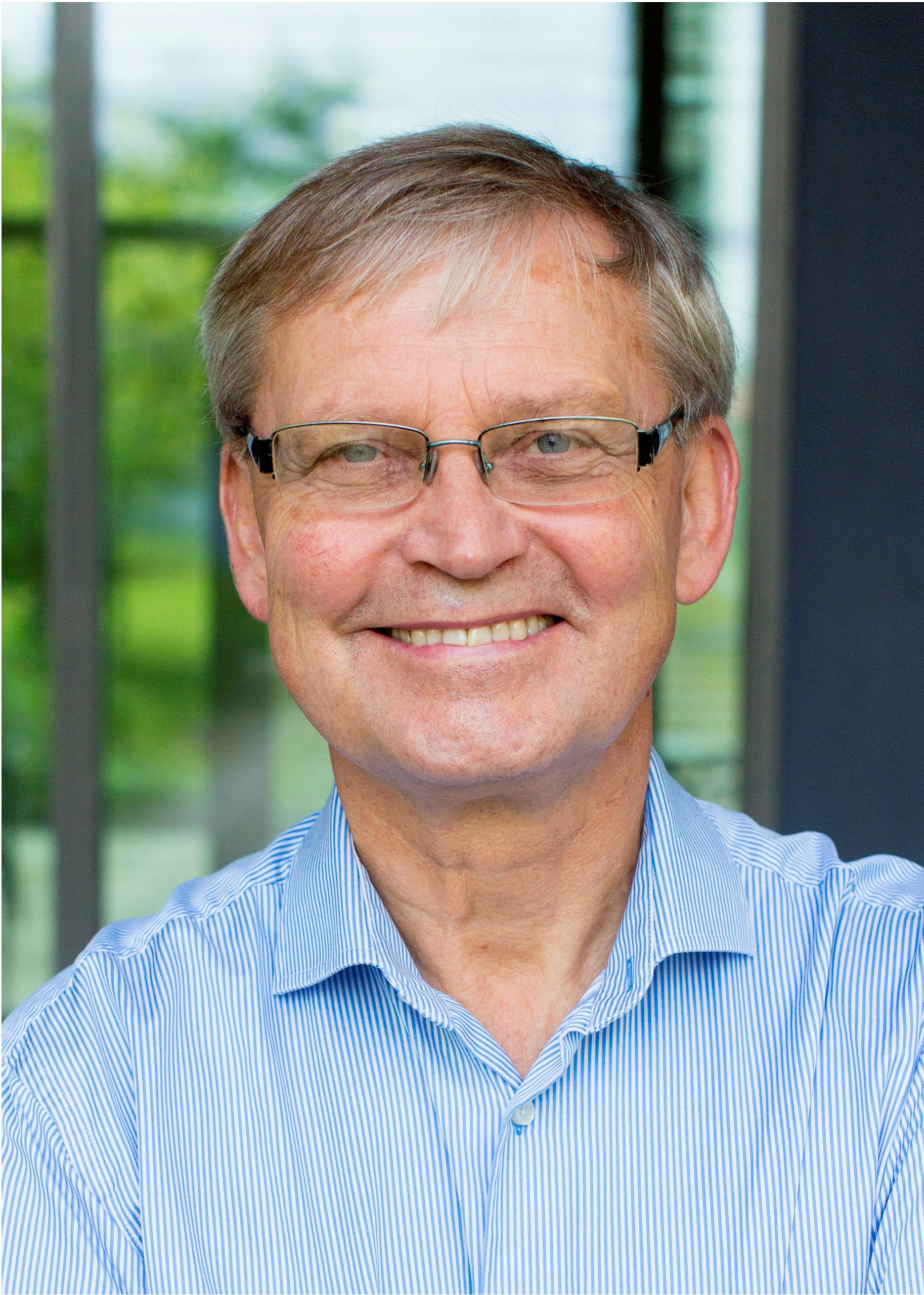Carl-Henrik Heldin
Research Interests
Molecular mechanisms of growth control in normal and malignant cells
Cancer cells are characterized by perturbations in signaling pathways that regulate cell growth, survival, differentiation and migration. The aim of the work in our research group is to elucidate the molecular mechanism that regulate these events.
We study in particular platelet-derived growth factor (PDGF), a potent mitogen for primarily mesenchymal cell types. PDGF is a family of dimeric isoforms composed of A-, B-, C- and D-polypeptide chains, which exert their effects via a- and b-tyrosine kinase receptors. Ligand binding induces dimerization of the receptors followed by autophosphorylation on certain tyrosine residues, which initiates several intracellular signaling pathways. We also study transforming growth factor-b (TGFb), which is the prototype of a large family of factors. Members of this family act via heteromeric complexes of type I and type II serine/threonine/tyrosine kinase receptors; they act on most cell types and all have important roles during the embryonal development. TGFb family members induce signaling via Smad and non-Smad pathways. In normal cells, TGFb most often inhibits cell growth, stimulate matrix accumulation and induce apoptosis. In early stages of cancer development, TGFb is therefore a tumor suppressor, however, at later stages of tumorigenesis, TGFb becomes a tumor promoter. The pro-tumorigenic mechanisms include induction of epithelial-mesenchymal transition, which is associated with increased migration and metastasis of cancer cells, as well as suppression of the immune system and stimulation of angiogenesis.
Our aim is to explore the molecular mechanisms whereby PDGF and TGFb regulate cell growth, survival, migration and differentiation, and to investigate if these mechanisms are perturbed in malignant cells. These studies are expected to uncover targets for drug discovery which we will use for the development of inhibitors of signal transduction. We plan to validate such antagonists in animal models, and our ultimate goal is to explore their clinical utility for the treatment of malignant diseases.
Group Members
Yu Bai
Natalia Papadopoulos
Anders Sundqvist
Eleftheria Vasilaki
Oleksandr Voytyuk
Ihor Yakymovych
Mariya Yakymovych
Cen Zhao
